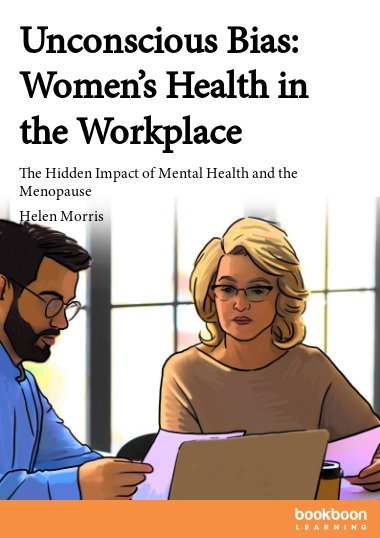The unconscious bias that women face in the workplace can be related to menopausal health issues. Helen Morris explores these challenges and how they can be addressed with mindfulness techniques. Equality, Discrimination and Inclusion policies include pregnancy, but the menopause remains a taboo area, unsupported by policies or understanding. Even women themselves, who are experiencing symptoms, do not recognise them as menopause and struggle to rationalise them. This book considers the attitudes of mindfulness and how they can be used to support the individual and their managers.
About the Author
Helen Morris is a qualified Accredited Menopause Coach and Mindfulness Teacher specialising in workplace well-being. During her career as a manager of over 30 years in the IT industry, Helen has been active in workplace well-being as a mentor and career coach. In recent years, she earned a diploma in Counselling and Psychology, and qualified as a mindfulness teacher and accredited menopause coach.

